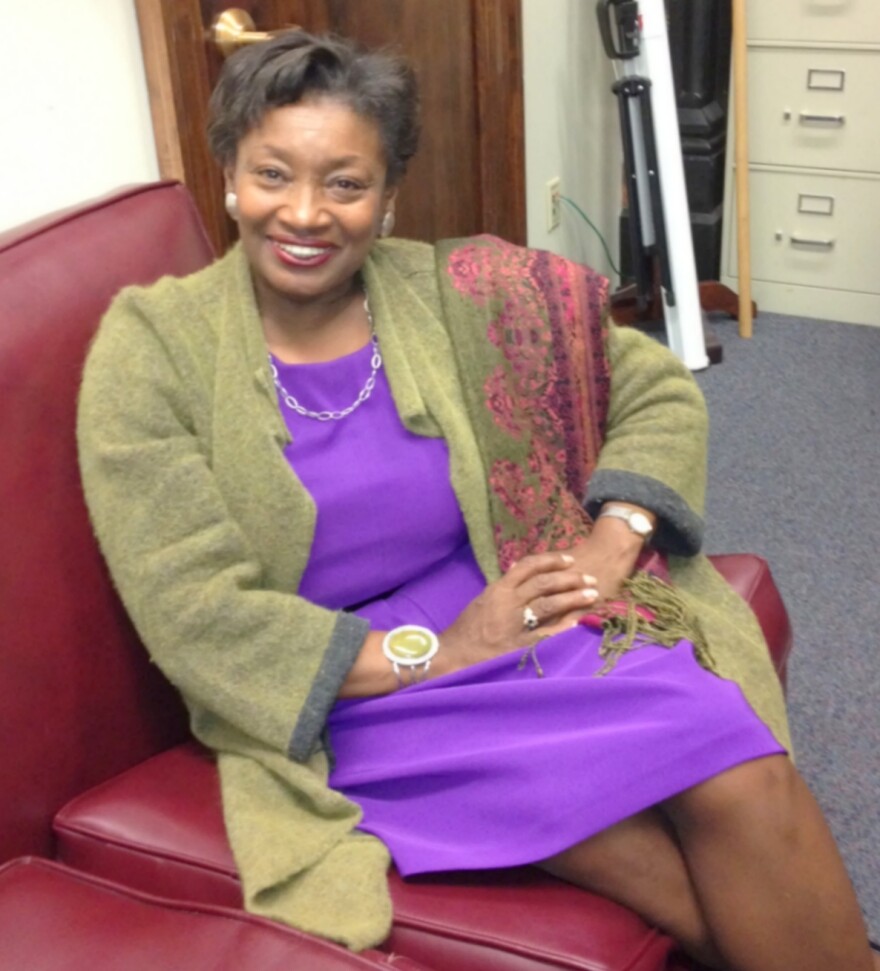With just over two weeks before the new fiscal year, the two chambers of the New York state Legislature have released their proposed budgets.
The chambers’ rank and file are reviewing the details in each one-house budget plan. State Senators received a briefing Wednesday in advance of a planned floor vote on Thursday. The Senate’s plan restores or increases funding to a number of programs, including agriculture; increases Governor Kathy Hochul’s budget’s proposed $1.9 billion recommendation for community college funding by $8.7 million; adds $13 million in cost of living support for the elderly and “intentionally omits the executive proposal to increase tuition for SUNY and CUNY.”
Senate Majority Leader Andrea Stewart-Cousins says the one-house budget is a statement on Democrats’ priorities.
“Obviously it’s affordability. Obviously it’s trying to keep money in the pockets of New Yorkers while we continue to invest in our priorities. Obviously the economy. Obviously health, education, the environment, housing, promoting our small businesses and just moving forward in you know the important aspects that New Yorkers expect us to pay attention to.”
Republican Senate Minority Leader Rob Ortt contends the plan is unsustainable.
“This budget does nothing to help New Yorkers who are facing affordability challenges. The biggest takeaway is that this budget spends, their resolution spends, $9 billion more. They’re laser focused on protecting people who have committed crimes. They’ve done nothing. Talk about the unemployment insurance. There’s nothing about that. Even the Assembly, my colleagues in the Assembly Democratic, they actually put up like $2 billion? Two billion dollars. Some recognition that this has to be paid down and that our businesses are getting stuck with the bill. My colleagues in the Senate: no such acknowledgement. So very disappointing, very frustrating.”
In its plan, the Assembly restores funding to higher education, school aid, Medicaid, aid to local governments and other programs. Assemblyman Billy Jones, a majority Democrat representing the 115th District, says he is proud to have secured critical funding for the North Country while rejecting proposals he says would harm localities.
“I see some infrastructure improvements in there. I had a bill for our volunteer fire departments that will help with infrastructure and equipment costs. We had a portion of that in our budget. I’ll still keep pushing for that. There’s other things that have become vital to help our seniors as well. Agriculture. There’s a lot of things in there. Tourism to help our Adirondack towns out. So a lot of budget priorities. I think we can get a lot of this stuff into the final budget.”
Republican Assemblyman Matt Simpson from the 114th district said he was reviewing the proposed budget but was pleased with a number of items.
“There were several things that I’m pleased to see. Funding for Cornell Cooperative Extension included increases in much of their programs and I think there was an overall increase in the ag area of the Assembly budget. You know the increase in water infrastructure funding, that is a huge issue. You know I’m pleased that the universal school meals, universal free lunches in schools, was included in the Assembly one-house. I mean there’s a lot of great things in here. I mean here’s another really important addition and that’s a firefighter capital improvement fund established at the $10 million level. It really needs to be much higher.”
Last year’s final budget agreement was nine days late.


